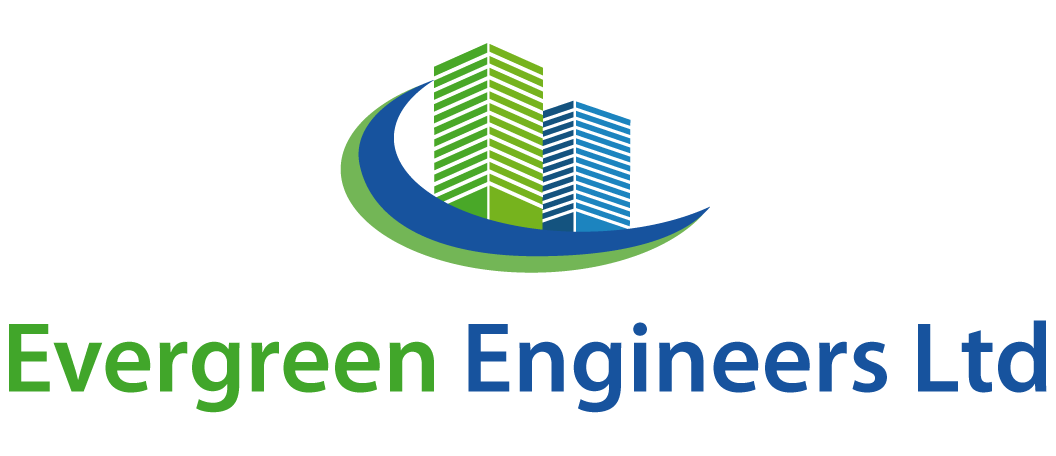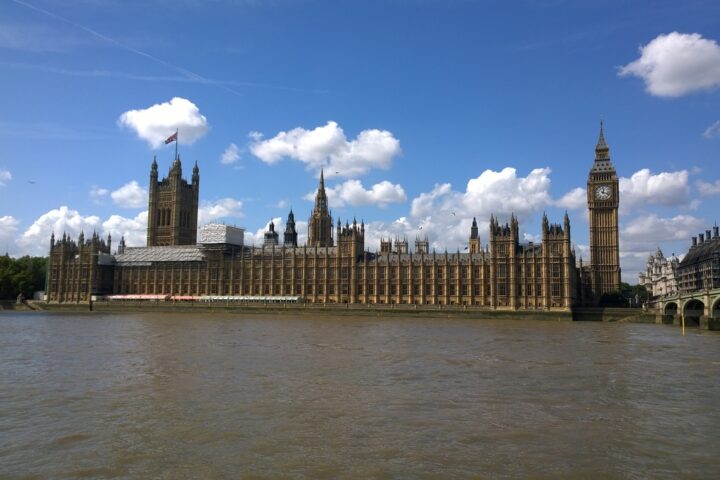The decision to work as a freelancer or establish a business in the UK is a significant one, with each option offering distinct advantages and challenges. Whether you are looking for flexibility, financial stability, or long-term growth, understanding the differences between the two paths can help you make an informed choice.
-
Understanding Freelancing and Business Ownership
Freelancer:
A freelancer is an independent professional who offers services to clients on a project basis. Freelancers typically work alone, managing their workload, client acquisition, and financial responsibilities without the support of a larger organisation.
Business Owner:
A business owner, on the other hand, runs a company that provides goods or services. This could be a sole trader, a partnership, or a limited company. Business owners often employ staff, manage operations, and scale their business beyond their individual capacity.
-
Flexibility and Work-Life Balance
Freelancer:
- Enjoys complete control over work schedule and location.
- Can take breaks and holidays without needing approval.
- Works on projects they choose, offering more job satisfaction.
Business Owner:
- Has less flexibility due to business responsibilities.
- Must manage staff, clients, and operational tasks.
- Scaling the business may require significant time investment.
-
Income Potential and Stability
Freelancer:
- Income depends on the number of projects and rates charged.
- No guaranteed income; work can be inconsistent.
- Can increase earnings by raising rates or acquiring more clients.
Business Owner:
- Income potential is higher as the business grows.
- Stability increases with a well-established customer base.
- Can diversify income through product sales, service offerings, and expansions.
-
Legal and Financial Responsibilities
Freelancer:
- Must register as self-employed and handle tax obligations.
- Required to pay Income Tax and National Insurance.
- Simplified accounting process with fewer legal obligations.
Business Owner:
- Must register as a sole trader, partnership, or limited company.
- More complex tax responsibilities, including Corporation Tax and VAT (if applicable).
- Must maintain business records and meet legal requirements.
-
Growth and Scalability
Freelancer:
- Growth is limited to personal capacity.
- Can increase earnings by expanding skillset or raising prices.
- Cannot scale beyond a certain point without hiring help.
Business Owner:
- Can scale by hiring staff, outsourcing, or expanding services.
- Business can continue to operate without the owner’s direct involvement.
- More potential for long-term financial success.
-
Risks and Challenges
Freelancer:
- Income insecurity due to fluctuating demand.
- Responsible for finding new clients and projects.
- No employment benefits like sick pay or pension contributions.
Business Owner:
- Higher initial investment and financial risk.
- Increased responsibility for employees, taxes, and compliance.
- May face more competition and market challenges.
-
Tax and Accounting Considerations
- Freelancers pay tax through Self Assessment, with income tax and National Insurance contributions.
- Business owners running limited companies must pay Corporation Tax and potentially VAT.
- Business owners may benefit from tax reliefs and deductions unavailable to freelancers.
-
Decision-Making: Which One is Right for You?
Choose Freelancing if:
- You value flexibility and independence.
- You want to avoid high startup costs and legal complexities.
- You prefer working alone and managing your own workload.
Choose Business Ownership if:
- You want to build a scalable venture with higher income potential.
- You are comfortable with management responsibilities.
- You aim for long-term financial growth and stability.
Both freelancing and business ownership in the UK offer unique benefits and challenges. If you prioritize flexibility and autonomy, freelancing might be the best fit. However, if you aim for scalability and financial growth, starting a business could be a more suitable choice. Assess your personal goals, risk tolerance, and financial situation to make the best decision for your career path.
For more information you can contact UK Property Inspection Report or call us at 07500242494 / 020 3129 5156.




